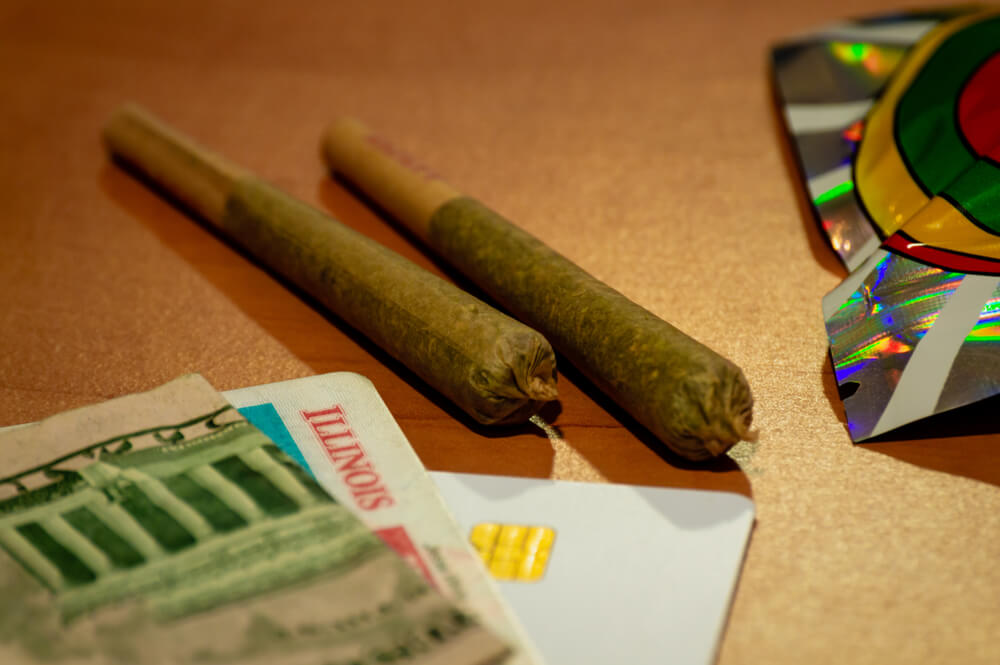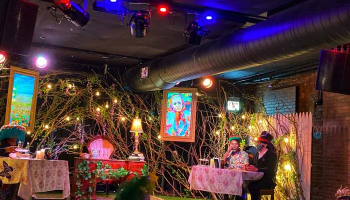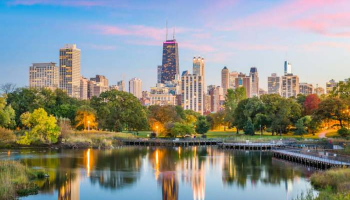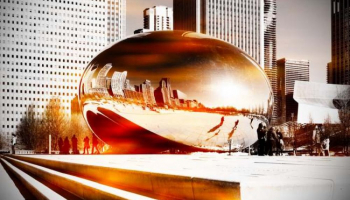
Illinois isn’t even close to being the first state to legalize the recreational use of marijuana — Colorado and Washington took that prize about eight years ago. However, just because Illinois wasn’t the first doesn’t mean it can’t be the best. In fact, Illinois is striving to improve on many of the processes that tripped up states in the past and to serve as a model for equitable, educational and effective legalization for the future.
Even if you are participating in the booming marijuana sales around the state, you might not know just how revolutionary Illinois has been during this legalization period. Read on to find out what the state is doing to make legal recreational marijuana even better.
Not Just Decriminalized — Uncriminalized
Legalizing medical and recreational marijuana is a relatively recent process that began in the late 1990s, but decriminalization — the process of no longer treating marijuana possession or sale as a criminal offense — began decades ago, in the 1970s when many states started systematically reducing fines and penalties for various cannabis-related activities. Today, 25 states have effectively decriminalized marijuana offenses, but Illinois has taken decriminalization a step further.
As a part of the bill to legalize recreational use of marijuana, the state senate included a provision for releasing current prisoners incarcerated for marijuana possession. Even before the New Year, when the legalization law was to take effect, Governor Pritzker pardoned more than 11,000 inmates, expunging their records and allowing them to rejoin society. State officials estimate that more than 116,000 convictions qualify for similar treatment.
This uncriminalization of marijuana was made to be a critical part of the law because lawmakers wanted the law to repair the historic damage caused by the enforcement of overly harsh marijuana laws, especially in low-income and minority communities. Because black Illinois residents are almost four times as likely to be arrested for marijuana possession than white residents, the pardoning of convictions could bring Illinois a step closer to racial equity — which is a long time coming in this state.
Righting Decades’ Worth of Wrongs
Releasing minor marijuana offenders isn’t the only social justice action taken by the bill.
As mentioned above, Illinois has a long history of severely punishing minority communities for their participation in the marijuana trade, and many have feared that the black community will continue to suffer as the legal marijuana industry gives their jobs to white entrepreneurs.
In fact, a similar circumstance occurred roughly a century ago, during Prohibition.
While alcohol was illegal, bootlegging was a trade available to any race, and black workers in Illinois profited greatly during those 13 years — but when prohibition lifted, black Illinois residents were excluded from the jobs of creating, transporting and selling alcohol and thus forced to find other illegal trades to bolster their families and communities.
Even today, the alcohol industry in the U.S. is separate and unequal, with only about 5 percent of wineries owned by African Americans and craft beer statistics looking even worse.
In an effort to prevent such devastating and lasting effects with the legalization of marijuana, the bill makes it easier for those disproportionately affected by the war on weed to seek a cannabis business license.
This applies to anyone who has had a charge or conviction for marijuana offenses expunged, anyone related to someone with an arrest, charge or conviction for marijuana offenses and anyone living in an area of Illinois blighted by unequal marijuana arrests and convictions.
To receive this benefit businesses must be 51 percent owned by individuals of these categories, meaning white entrepreneurs can’t take unfair advantage of these privileges meant to boost the black community.
Though this bill won’t erase the wrongs done to black Americans, it should interrupt the cycle of wrongdoing and start black Illinois communities on a safer, more equal path.
An Informed and Engaged Public
Finally, it is important to note that marijuana legalization wasn’t a policy lauded by 100 percent of Illinois residents.
In fact, a few cities across the state have passed local measures to prevent dispensaries popping up within their borders, and many white Illinois residents, especially in rural areas of the state, support measures to re-criminalize the drug.
Unfortunately, those who do not support marijuana legalization tend to operate on misinformation that has persisted since the war on cannabis began in the 1930s, when fake medical studies claimed that marijuana use increased crime, violence and other social problems.
Thus, to ensure that Illinois residents are fully informed on the facts of marijuana use, Chicago’s city government has organized a Cannabis Resource Fair. The event is designed to educate residents on marijuana law, connect people with business and job opportunities, aid in expungement of marijuana criminal records and generally ensure that residents understand how they benefit from access to marijuana.
Residents can also use this handy Illinois dispensary map to find pot shops in their area, where they can familiarize themselves with marijuana products, ask questions of budtenders and dispensary owners and generally become comfortable with the legal sale of cannabis.
Despite some hiccups in Illinois’s rollout of their new marijuana laws — like a statewide cannabis shortage that could persist for some months — it is undeniable that Illinois is legalizing marijuana right for the most part.
There have also been some unfortunately shortcomings here and there. For example, public housing residents cannot smoke weed at home, visitors cannot use weed products in or near a hotel, and there have been some notable shortages at local dispensaries reported last month.
But all in all, we are confident that the state will see outstanding positive change thanks to its efforts toward equitable treat.









